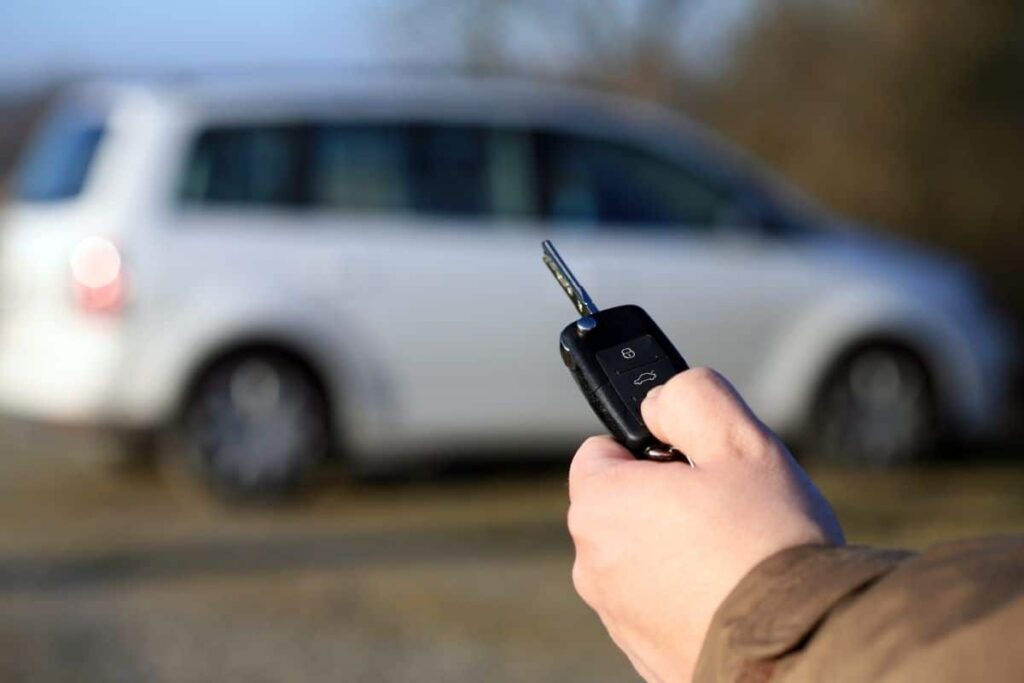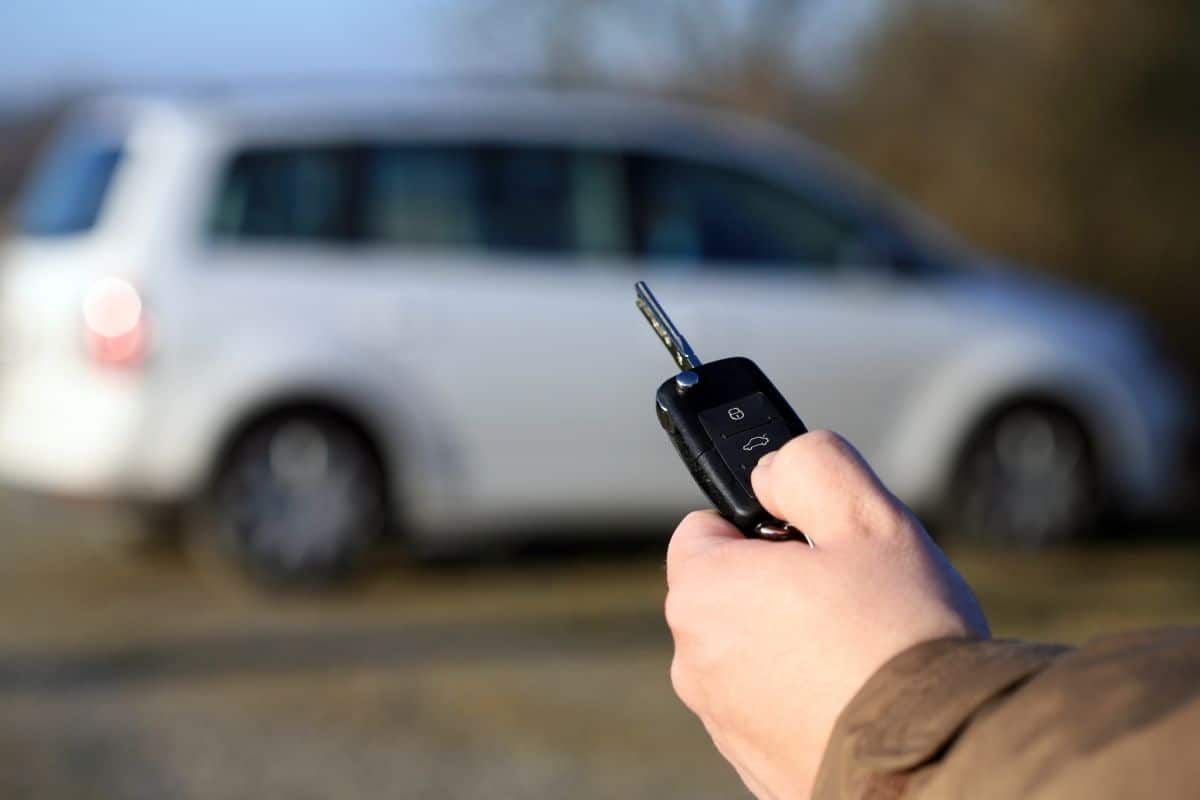You’ve passed your driving test, now it’s time to buy your first car! This is an exciting time, but if you’re completely new to the automobile industry, it can be difficult knowing how much you should spend on your first car.
Most new drivers want their first car to last for several years, but as it’s their first car, they want one that promises the best value.
The amount you should spend on your first car varies from person to person, so we’ve written a guide to help you in the process.
You’ll also find an explanation of some common mistakes first-time car buyers make, so you don’t end up making them. Keep reading this article to find out how much you should spend on your first car!
How To Buy Your First Car
Before you think about buying your first car, you need to think about what you’ll be using your vehicle for. Are you commuting to work every day?
Thinking about setting out on a road trip soon? What weather is your car going to reside in? Does it rain or snow often?
These may be simple questions, but they can help you narrow down the type of car that you want to buy.
For instance, if you often travel to work, you may not need a car at all, as public transportation may be more affordable. If you have children, your kids may be better off getting the school bus instead.
However, if you need to travel over an hour to get to work, you may need a car with sturdy tires and a robust frame.
Next, you should think about your budget and financial situation. Your budget is a practical factor that can affect the type of car that you can buy.
Your budget doesn’t just cover the vehicle’s cost, it also includes insurance, repairs, maintenance, and gas prices.
If you’re thinking of taking out a loan, you need to take the car’s financing into account, especially if a loan demands a lot of interest.
Down payments aren’t always necessary to get a loan, but they’re a good idea as they usually reduce the amount of interest paid over time.
In the United States, the amount you pay back on car loans reduces by $10-15 for every $1000 down payment that you pay.
Once you’ve agreed on a budget, you need to look at your options. You can find many trustworthy dealers and sellers online.
Some may ship your car for free, while others require a fee. If you like the look of a car, always compare its prices with a few dealers before you purchase it.
Checking auto rankings online is also a good idea. If you’re purchasing a new car, ask for quotes about safety and entertainment features. If you’re going for a used car, always ask for the vehicle’s history, including past accidents and mileage.
If you’re taking out a loan, your credit score also matters before you buy a car. Your score will determine how much interest you pay back on your car’s loan. A better score will get you a better deal, which also affects your budget for your car.
You can find out your credit score for free by contacting your credit card provider. If your score is low, you may want to try and improve it before you take a loan out.
If you’re not in a huge rush to buy your car, you may want to do this anyway, as a better score may mean that you pay back less interest overall (though this depends on your payments).
Popular Mistakes First-Time Car Buyers Make
First-time car buyers can make a few errors when they are shopping around. For example, solely relying on words of mouth may cost you a lot of money.
You might hear about a good deal via ear, but you should always do some research in case you find a better option.
Depending on where you live, there may be several used and new car dealers with great offers, so always compare a few deals instead of focusing on one.

Keep looking at reviews and opinions on the internet and ask your friends and family for their recommendations. Your loved ones are more likely to give you accurate information than people you don’t know.
Another mistake first-time car buyers make is accepting an extended-term loan. For instance, instead of signing a 3-year repayment contract, some may spread it out over 6 years to lower the amount of interest they pay.
Longer-term loans will reduce your monthly repayments, but you will end up paying more for the car. A $25,000 car with a 7% interest rate spread over three years will cost you $27,789.
If you spread that over six years, you’ll pay $30,688, which is roughly $3000 more than the previous cost.
If you want to save more money, it’s best to purchase a well-used car or a less expensive option. Some may want to spend a few years saving so that they can pay a larger down payment.
This will also give them a shorter repayment period so they pay less interest back overall.
Another mistake first-time buyers make is not test-driving their cars before they buy them. This simple step can be a good way to narrow the list of prospective cars.
By test-driving two cars, you can feel how well they compare, in terms of ride quality, comfortability, and performance. Some factors, like ride quality, may indicate some future maintenance costs.
Always test drive your vehicle to make sure that it’s of good quality and that you’re comfortable in it.
Many first-time car buyers mistakenly believe that new cars are always better than used ones. Many lightly used cars keep their value for a while, while some newer cars can depreciate soon after purchase.
Expensive new cars often decrease in value during their first year on the market. You’ll often see these cars with an expensive insurance package to compensate.
Lightly used cars have already depreciated, so they’ll decrease less over time compared to newer cars. In comparison, used cars will also have much more affordable insurance.
A new car isn’t always an indicator of quality either. Some manufacturers will create their cars with durability in mind, while others focus solely on aesthetics.
Do your research to find out which manufacturers create more reliable cars, as you may want to stick with these brands in the future.
Tips To Save Money On Your First Car
Here are some tips that can help you save when you buy your first car.
Go For The Smaller Engine
Cars with larger engines will use more fuel with each revolution per minute (RPM). Smaller engines will use less fuel, so they’re more economical overall.
Petrol Or Diesel
Petrol cars are cheaper than diesel ones, but diesel engines are more efficient. This choice will depend on your preferences. If you prefer initial affordability, go for a petrol car. If you prefer efficiency, choose the diesel engine.
Manual Over Automatic
Manual cars tend to be around $1000 less expensive than automatic ones. Older manual vehicles also have better fuel economy compared to automatic engines of the same age.
Should You Choose A Hybrid?
Hybrid cars are expensive to buy, but they can save you money if you use the vehicle for several years. This choice is different for everyone, so you’ll have to consider whether the potential savings outweigh the expensive cost.
Conclusion
Buying your first car can be stressful, especially when you’re trying to work out what you can afford. Everyone will spend a slightly different amount on their first car, so try not to worry about whether you spend less or more than others.
The most important thing is to figure out your car-buying budget. This includes the car itself, maintenance costs, and if you’re taking out a loan, the down payment, and interest.
Make sure that you can afford this number first, then focus on finding a reliable car that doesn’t ruin you financially.
Remember that this is your first car. You’re probably going to replace it in the future. so it doesn’t need to be flashy or expensive just yet!
You can focus on the aesthetics in the future when you have a larger budget. For now, just concentrate on making sure your car can handle your journey to work, school, or your vacation travels!
